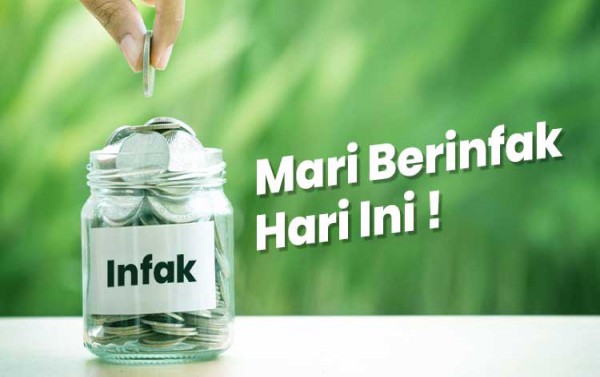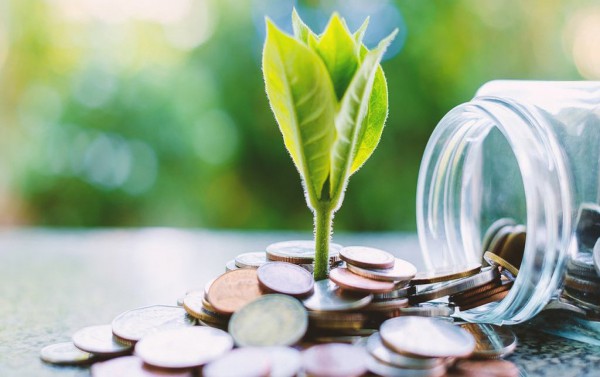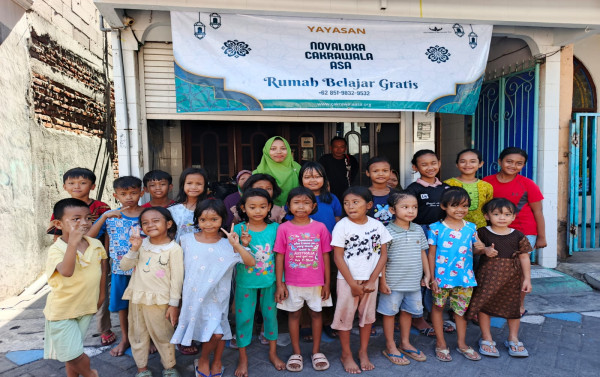Waqf is a crucial instrument in Islamic teachings, not only oriented towards worship but also possessing significant social and economic value. Over time, waqf is no longer limited to traditional forms such as land for mosques or graves, but has also expanded into the fields of education, health, economics, and community empowerment. With professional and modern management, waqf can become a strong foundation for supporting sustainable development.
1. Supporting Education and Literacy
One of the greatest benefits of waqf is in the field of education. Many schools, Islamic boarding schools, and universities are built on waqf land. Through the development of productive waqf, educational institutions can be independently funded, ensuring continued access to quality education for the wider community. Sustainable education is key to producing intelligent and competitive future generations.
2. Improving Access to Healthcare
Waqf also plays a vital role in developing healthcare services. Waqf hospitals, clinics, and ambulances are concrete evidence of how this instrument helps communities, especially the lower-middle class, access adequate healthcare. Thus, waqf contributes to the achievement of sustainable development goals in the health sector.
3. Poverty Alleviation and Economic Empowerment
Productive waqf can be managed in the form of agricultural, trade, or property businesses, the proceeds of which are used for the benefit of the community. This management model can create new jobs, reduce dependence on aid, and encourage the economic independence of the community. With a fair distribution system, waqf becomes an effective instrument in poverty alleviation.
4. Environmental Sustainability
The concept of sustainable development is inseparable from environmental aspects. Waqf can be directed towards reforestation programs, clean water provision, waste management, and nature conservation. For example, waqf wells or waqf forests are managed to maintain ecosystem balance while providing direct benefits to the surrounding community.
5. Building Social Solidarity
Waqf also has high social value. Through waqf, a sense of caring and togetherness emerges among members of the community. This social solidarity is an important asset in building a harmonious and resilient society that can face the challenges of the times.
6. Supporting Independence and Sustainability
Unlike social assistance, which is temporary, waqf is permanent. Waqf assets cannot be sold or inherited; instead, they are managed to continue providing benefits. This principle makes waqf highly relevant to the concept of sustainability: once given, the benefits can be felt across generations.
1. Supporting Education and Literacy
One of the greatest benefits of waqf is in the field of education. Many schools, Islamic boarding schools, and universities are built on waqf land. Through the development of productive waqf, educational institutions can be independently funded, ensuring continued access to quality education for the wider community. Sustainable education is key to producing intelligent and competitive future generations.
2. Improving Access to Healthcare
Waqf also plays a vital role in developing healthcare services. Waqf hospitals, clinics, and ambulances are concrete evidence of how this instrument helps communities, especially the lower-middle class, access adequate healthcare. Thus, waqf contributes to the achievement of sustainable development goals in the health sector.
3. Poverty Alleviation and Economic Empowerment
Productive waqf can be managed in the form of agricultural, trade, or property businesses, the proceeds of which are used for the benefit of the community. This management model can create new jobs, reduce dependence on aid, and encourage the economic independence of the community. With a fair distribution system, waqf becomes an effective instrument in poverty alleviation.
4. Environmental Sustainability
The concept of sustainable development is inseparable from environmental aspects. Waqf can be directed towards reforestation programs, clean water provision, waste management, and nature conservation. For example, waqf wells or waqf forests are managed to maintain ecosystem balance while providing direct benefits to the surrounding community.
5. Building Social Solidarity
Waqf also has high social value. Through waqf, a sense of caring and togetherness emerges among members of the community. This social solidarity is an important asset in building a harmonious and resilient society that can face the challenges of the times.
6. Supporting Independence and Sustainability
Unlike social assistance, which is temporary, waqf is permanent. Waqf assets cannot be sold or inherited; instead, they are managed to continue providing benefits. This principle makes waqf highly relevant to the concept of sustainability: once given, the benefits can be felt across generations.




